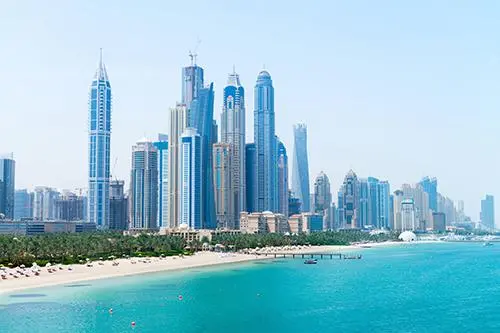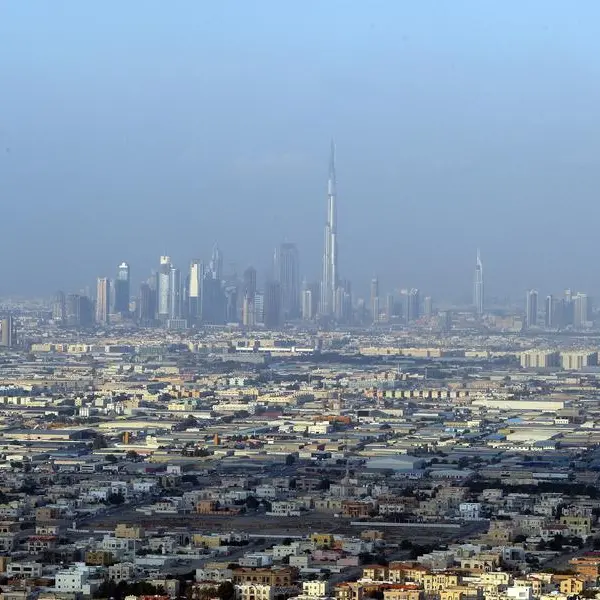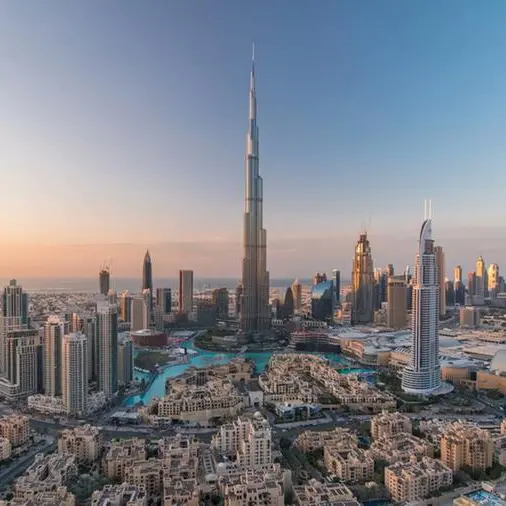PHOTO
The trend of tenants in Dubai turning owners will continue in the second half of 2023 as well as in 2024 despite rental increases slowing down as expatriates are increasingly adopting a long-term perspective on Dubai.
Real estate industry executives say that despite global headwinds, Dubai’s real estate market has not only been resilient but has grown steadily, providing the confidence many people seek. For others, it instils a fear of missing out on the upside or simply being priced out completely. This encourages new homeowners who want to cash in on capital appreciation and also benefit from the rise in rental rates.
Industry players are confident that property prices in Dubai will continue to increase steadily, though at a slower pace, especially in the high-end market, in the mid to high single-digit rates. It is projected that Dubai’s residential property will be the fastest-growing market in 2024, making it an attractive proposition for tenants to switch to owners.
According to Knight Frank, property prices in Dubai grew 48.8 per cent over 12 months, 19 per cent in six months and 11.6 per cent in three months during the second quarter of 2023.
“In recent years, expatriate residents have started adopting a long-term perspective on Dubai. The initial emphasis on short to medium-term stays has gradually moved to a medium to long-term outlook, a trend that has been accelerated with the introduction of retirement visas,” said HP Aengaar, CEO at Asteco.
“Aside from generally improving liquidity, a growing economy provides the sense of stability and job assurance that many people seek before committing to home ownership. Even as the pace of rental increases slows down, homeownership can be viewed as a long-term saving and investment. For many, this compelled approach to ‘saving’ suits them better over the longer term,” he added.
In addition, an abundance of mortgages and the policies by the Dubai Land Department (DLD) to promote transparency and safeguard investor rights make it easier to buy properties in Dubai, said Asteco chief executive.
Taimur Khan, head of research for Middle East and North Africa, said the rate of price growth will have tapered by year-end, but remain positive.
“This is already happening within the rental segment of the market, something which we expect to continue,” Khan said on Monday.
What are tenants buying?
Aengaar noted that one of the notable advantages for tenants is the ability to customise the unit according to personal preferences, allowing homeowners to create a space that truly reflects their style and needs. “Another benefit is the stability through fixed mortgage rates, as opposed to rental fluctuations. Additionally, property ownership often leads to capital appreciation/building equity over time.”
He revealed that the tenants spending on buying properties varies significantly – depending on family status, number of children, culture, and so on but on average. “We would estimate it to be between Dh1 to Dh2 million for apartments and Dh3 to Dh4 million for villas.”
Off-plan or ready properties?
Generally, Asteco chief noted that opting for a ready property is the best choice, as the completed product offers the opportunity for immediate occupation and the ability to avoid having to make rental payments in addition to paying the instalments for the property purchase.
“However, the decision ultimately depends on the initial capital. Buying a property through a mortgage entails a down payment of around 20 per cent, coupled with additional costs like DLD fees. On the other hand, off-plan properties often feature lower down payment requirements (starting from 10%) and flexible post-completion payment schemes, which are attractive to investors/end-users with limited up-front capital. On the downside, the buyer will need to wait for some time to see and live in the unit,” he added.
Copyright © 2022 Khaleej Times. All Rights Reserved. Provided by SyndiGate Media Inc. (Syndigate.info).





















